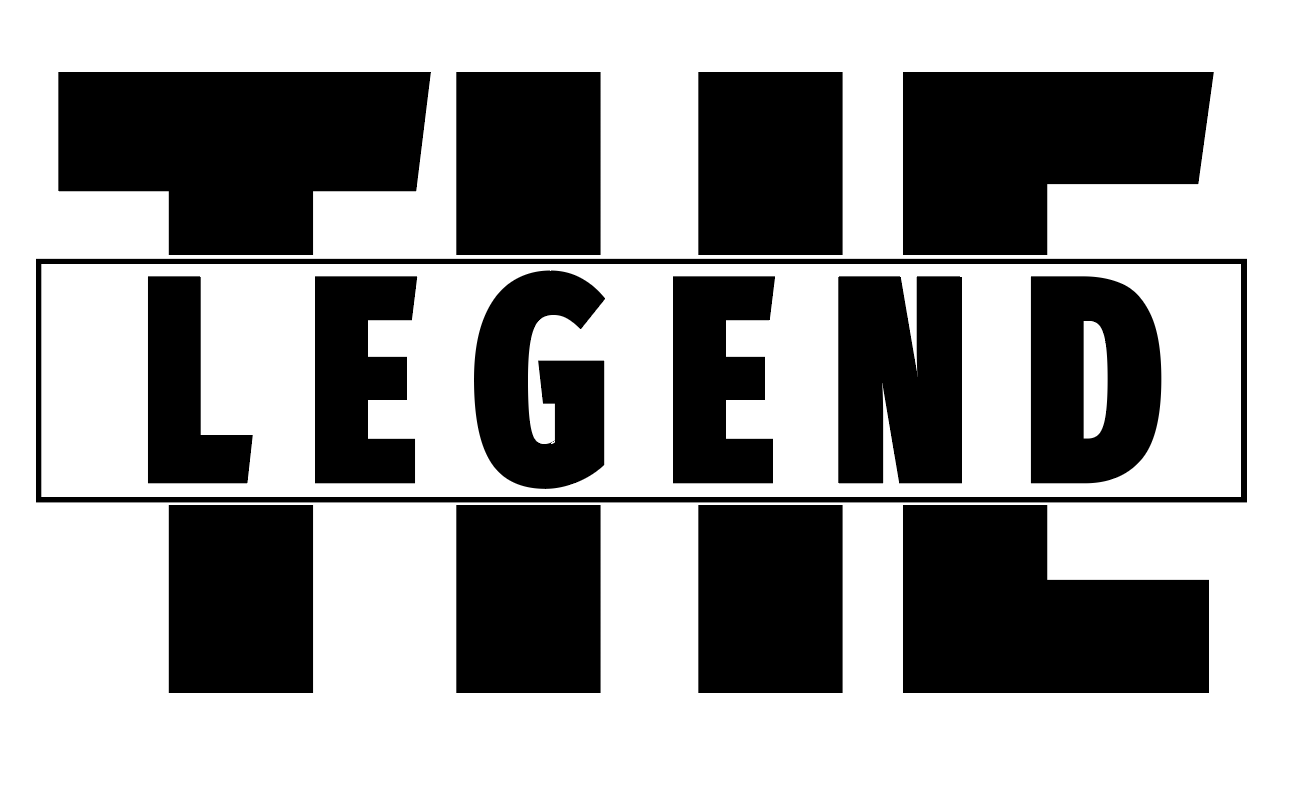Literature vs. Literacy
The ability to wax poetic is not worth much when you are 30 and drowning with debt in the “real world.”
February 19, 2021
Adulthood is a freight train. Fast, loud and flashy, it comes ricocheting down the tracks at neck-breaking speeds. Those who have never boarded will stare in awe at the shiny vessel like a new toy. Though, unlike a plaything, life does not come with a user’s manual. For the first 18 years of a child’s life, five days of every week will be dedicated to educating and preparing the student for maturity. Classes in arithmetic will encompass “real world problems” and history will teach one and all about humanity’s life lessons and mistakes. Literature will elucidate on how to write eloquently with an extensive vocabulary. Yet, being a genius mathematician will not build enough credit to buy a house. Knowing the great escapades of World War II will not answer interview questions when prompted. The fluent understanding of great poems written by another dead, alcoholic crone is not worth much when you are 30 and drowning with debt in the “real world”.
The education system reflects that of a desk job workplace- sitting all day, nine to five, with mediocre pay. “Walk fast, don’t speak loud, keep your hands to yourself, keep your head down, keep your eyes on your own paper, if you don’t know the answer, fill in C,” Escobedo said. The aforementioned quotation was pulled from a poem (founded by the Get Lit program) describing the American school system and written by students. The quote describes the school system as routine and systematic in a way that does not encourage creativity or diversity in interest, such as entrepreneurship. Moreover, money management classes can benefit everyone, not just future business majors. At some point in adulthood, one will have to pay rent or a mortgage. People will need to know how to budget or apply for loans. Instead of sending students out blind, schools will be able to guide them in order to avoid problems like debt and low credit, especially since much of that debt could be caused by student loans. 54 percent of all college students are in debt, and each student has, on average, $37,584 in debt.
This course could potentially benefit Suncoast greatly, especially seniors who are college bound and will soon be faced with loans and credit cards. Due to rigorous courses and expansive schedules, many Suncoast seniors are not able to sign up for separate elective economic courses. However, as a core course, students will not need to facilitate extra time in order to prepare for their near futures. “Twenty-one states now require high school students to take a course that integrates personal finance content, which is a net increase of four states since the last survey, conducted in 2018,” Rosenbaum said. Many states, such as Iowa, Ky., Miss., Ohio and S.C. are realizing how important this curriculum is for the future adults of society.
“I believe classes in finance would be beneficial to Suncoast students, especially since we’re at the age where we’re starting to handle things like jobs and money ourselves,”freshman Laura Vazquez Flora said. The earlier students learn to be responsible with money, the more “literate” they will become, and the less they will have to worry about money later. Problems, such as retirement plans, could be solved with early on investments and savings. People who have money crises every time a car accident happens could instead easily dip into their savings or insurance to pay off damages. The thorough understanding of literature will not save you from sorrows such as debt, but financial literacy will.
